
Traditional Chinese & Oriental Medicine
At the heart of Traditional Chinese (TCM) & Oriental Medicine is the concept of Qi, which can be explained as the vital energy that our bodies need to live. Qi flows along pathways in the body known as meridians. These act like rivers of energy, creating a route for the energy to flow throughout the body in order to provide nourishment & communication to the vital organs. Disruptions or imbalances in the flow of Qi can lead to physical and emotional ailments.
The success of an acupuncture treatment is dependent upon understanding not only the symptoms but also the root cause. These two aspects are linked and must be understood and treated simultaneously to achieve both a successful and long-lasting treatment. I use a combination of Classical & Traditional Chinese Medicine, Five Element Theory, Japanese Acupuncture and Dr Tan's Balance Method to achieve the best results.
Other Techniques
-
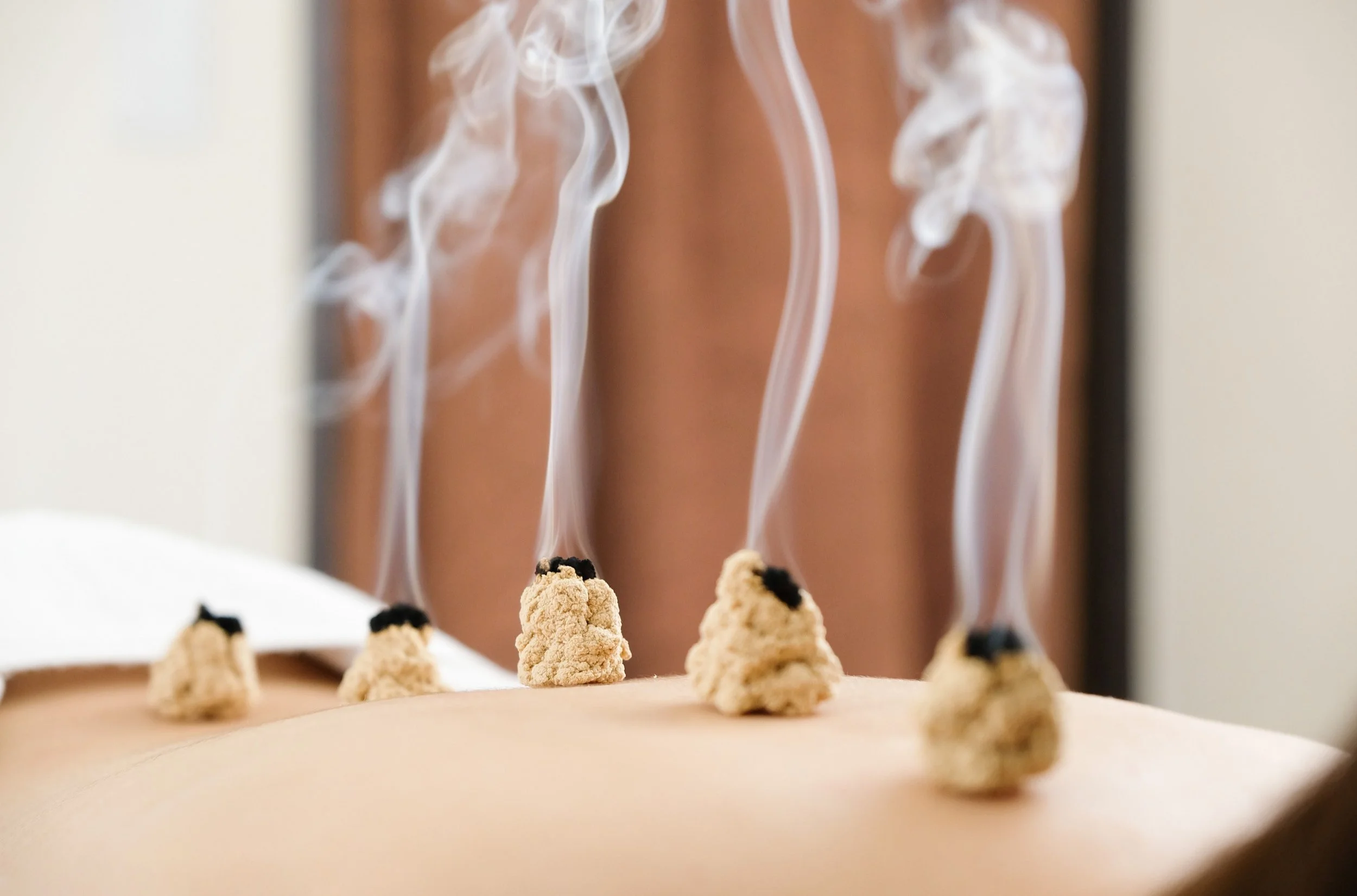
Moxibustion
Moxibustion is a form of heat therapy in which dried plant materials (mugwort) called "moxa" are burned on or near the body’s meridians or acupuncture points. The heat helps to stimulate these points and improves the flow of Qi (energy) in your body which can help with a range of health issues, from chronic pain to digestive troubles. Moxa is best known for its use in turning babies that are breech.
-

Cupping Therapy
Cupping therapy can generally be described as a technique that uses cups placed over the skin to create negative pressure through suction.
Cupping therapy has been used for centuries to treat a wide variety of health issues such as chronic pain, inflammation, blood circulation, relaxation and is an alternative to deep-tissue massage.
-
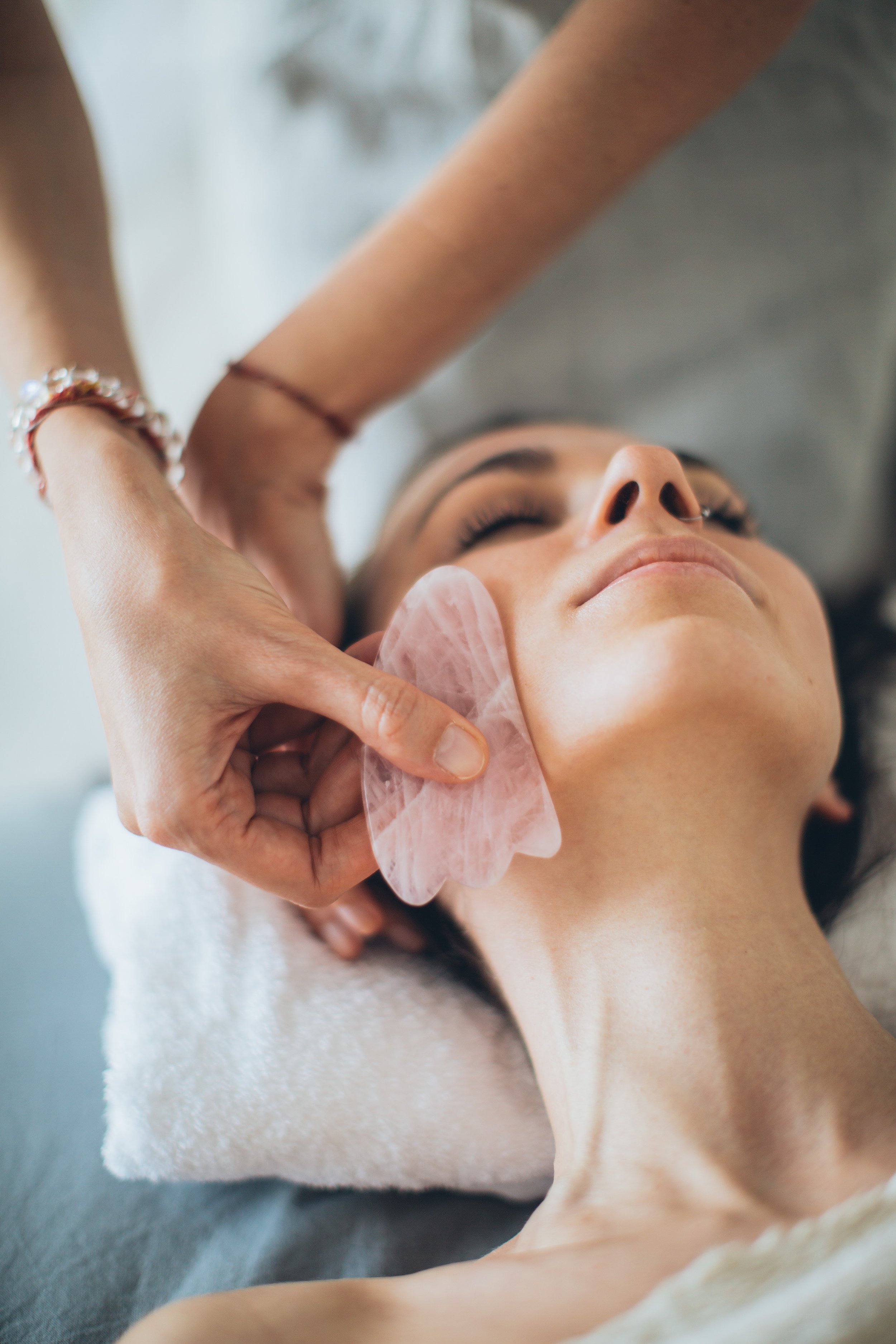
Gua Sha
Gua sha is a natural, alternative therapy that involves scraping your skin with a massage tool to stimulate the microcirculation of the soft tissue. This moves any stagnant Qi that may be causing inflammation and chronic pain.
Gua Sha can be applied to any part of the body, including the face, but is mostly used on the upper back.

What to Expect
-
During initial consultations we take time to discuss your health, both past and present to get a thorough medical history.
Physical examinations may be necessary for some conditions and we may also take your pulses and look at your tongue. This allows me to make a diagnosis from a Traditional Chinese Medicinal perspective and will inform the treatment plan and where I place the needles.
-
During most treatments, you are given time to relax with the needles inserted, but occasionally the acupuncture needles may be inserted for just a second or two before they are removed.
The number of needles used can vary greatly depending on the technique being employed, but generally between 5-15 needles are inserted.
The needles are so fine that most people don’t feel them being inserted & many people enjoy a deep feeling of relaxation. In fact its not uncommon for people to enjoy an acu-nap.
-
The effects of acupuncture are cumulative, as such a course of 6 to 8 weekly treatments is advised, reducing in frequency as your body responds.
Fertility treatments differ slightly as it can take 3 full cycles before we start to see change. Male fertility patients require weekly treatments for 2 months as a full sperm regeneration cycle (spermatogenesis) takes about 64 days.
What can Acupuncture Treat?
-
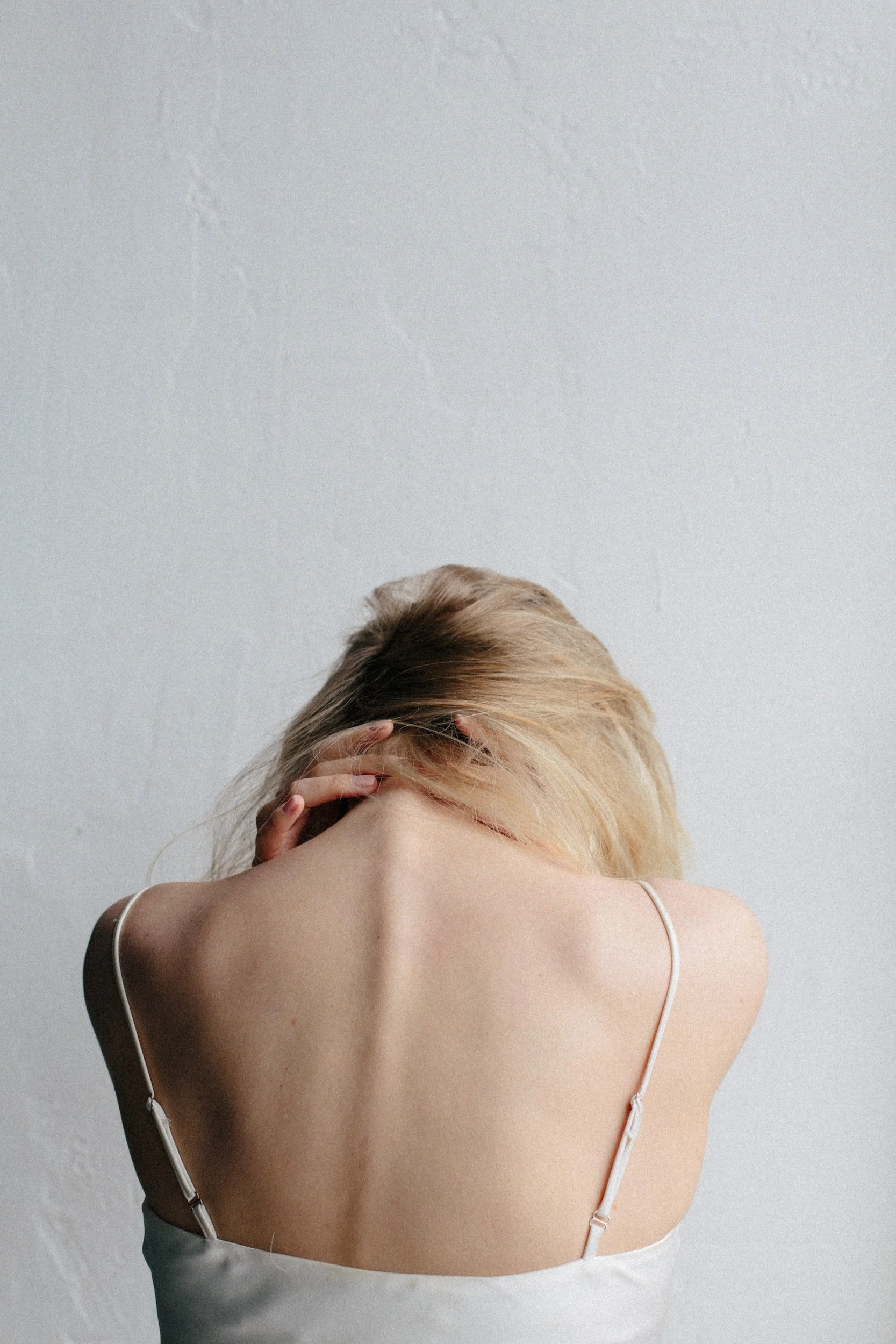
Pain Relief
Acupuncture has been used for many centuries to treat pain conditions. This includes musculoskeletal conditions such arthritis and low back pain, neurological conditions such as shingles or neuralgia and is often used to manage chronic conditions such as fibromyalgia, headaches and menstrual pain plus more.
-
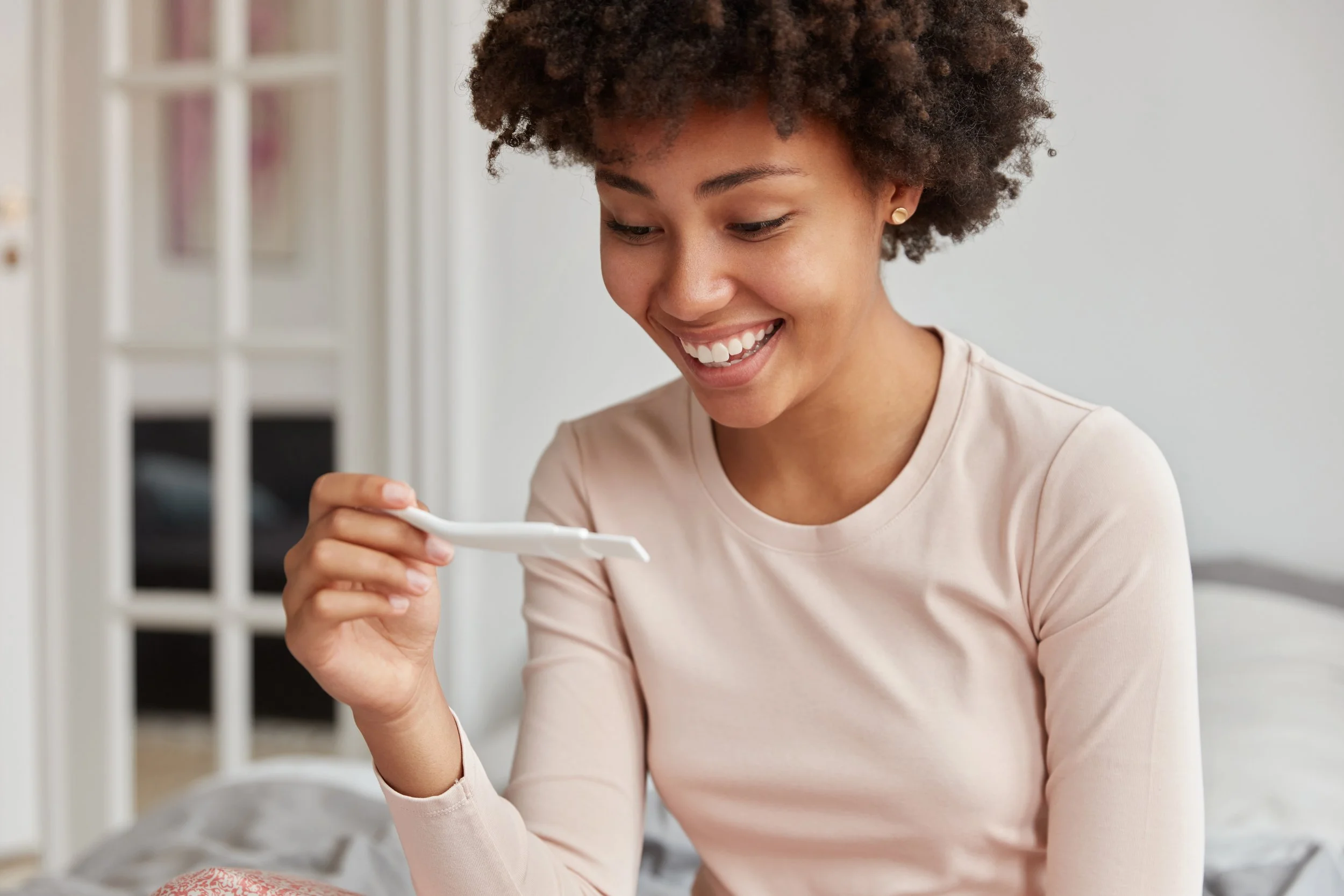
Women's Health
Acupuncture has been shown to have a positive impact on regulating fertility hormones and menstrual cycle, increasing blood flow to the reproductive organs, increasing egg production. It has also been shown to improve the chances of IVF success through enhancing luteal function and promoting embryo implantation.
-

Digestive Health
Acupuncture is effective in a wide range of gastrointestinal disorders including nausea and vomiting, functional disorders (irritable bowel syndrome, constipation, and diarrhoea), peptic ulcer disease, Crohn’s disease, postoperative ileus, and even gall stone disease.
-
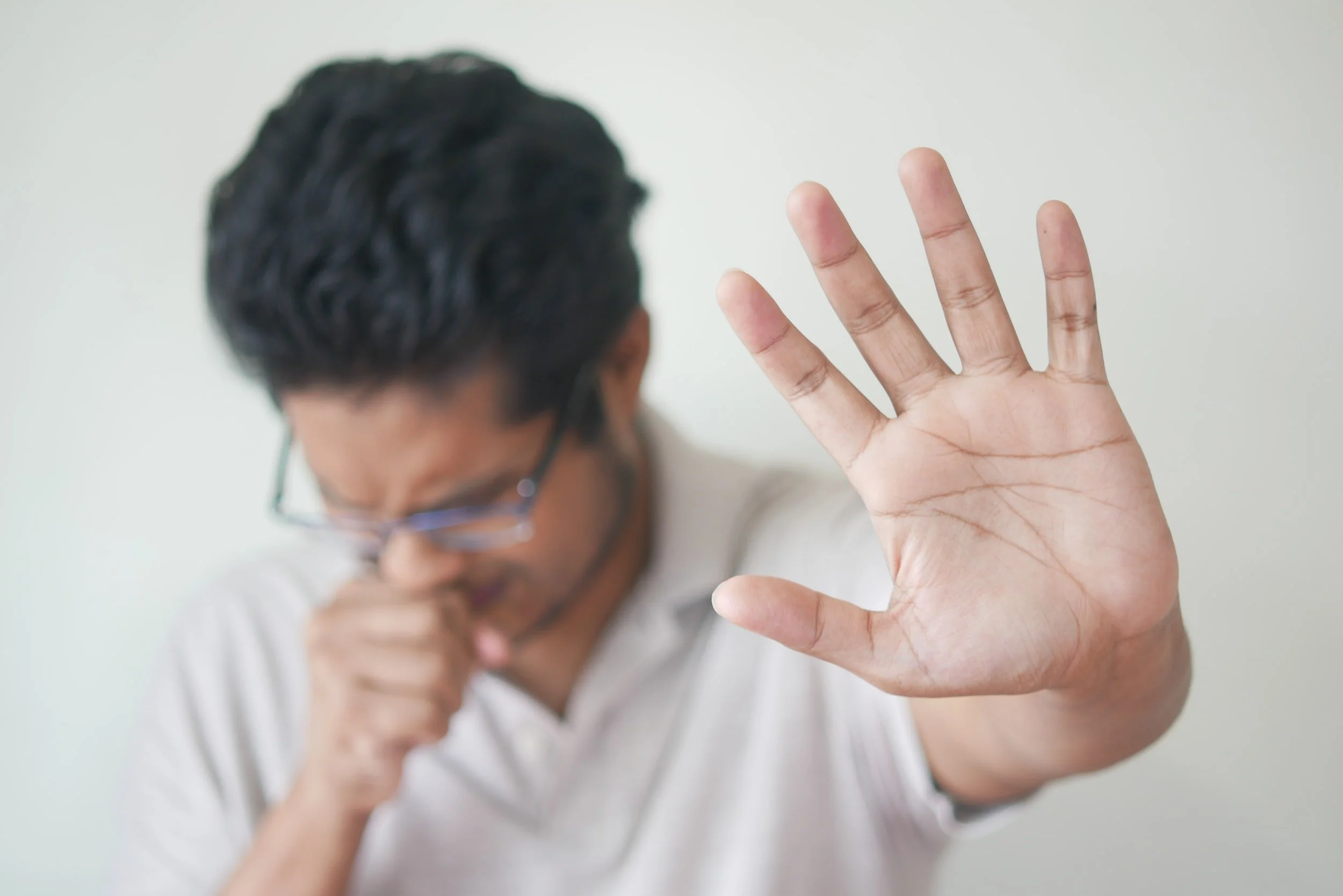
Immune Health
Acupuncture can help regulate and strengthen the immune system, thereby reducing symptoms, speeding up the healing process, and normalising the body's immune response to different stimuli. Regular acupuncture therapy can be effective in treating asthma, allergies, rheumatoid arthritis, lupus, colds and infections.


